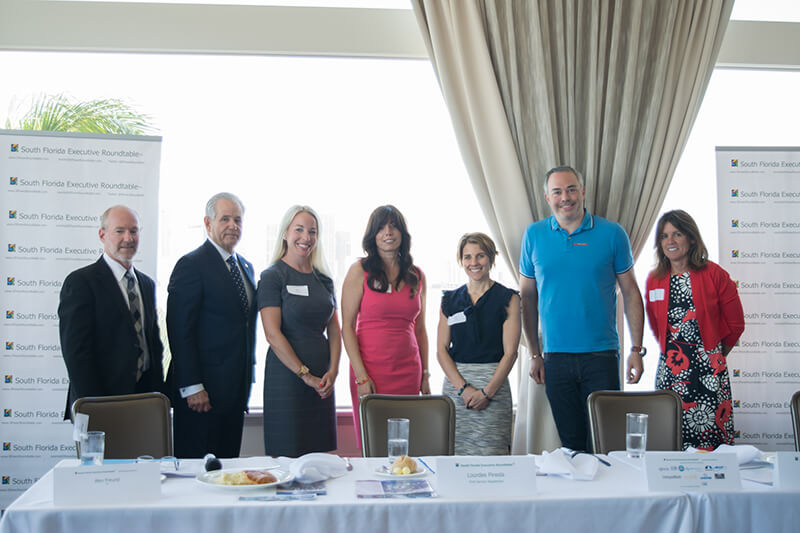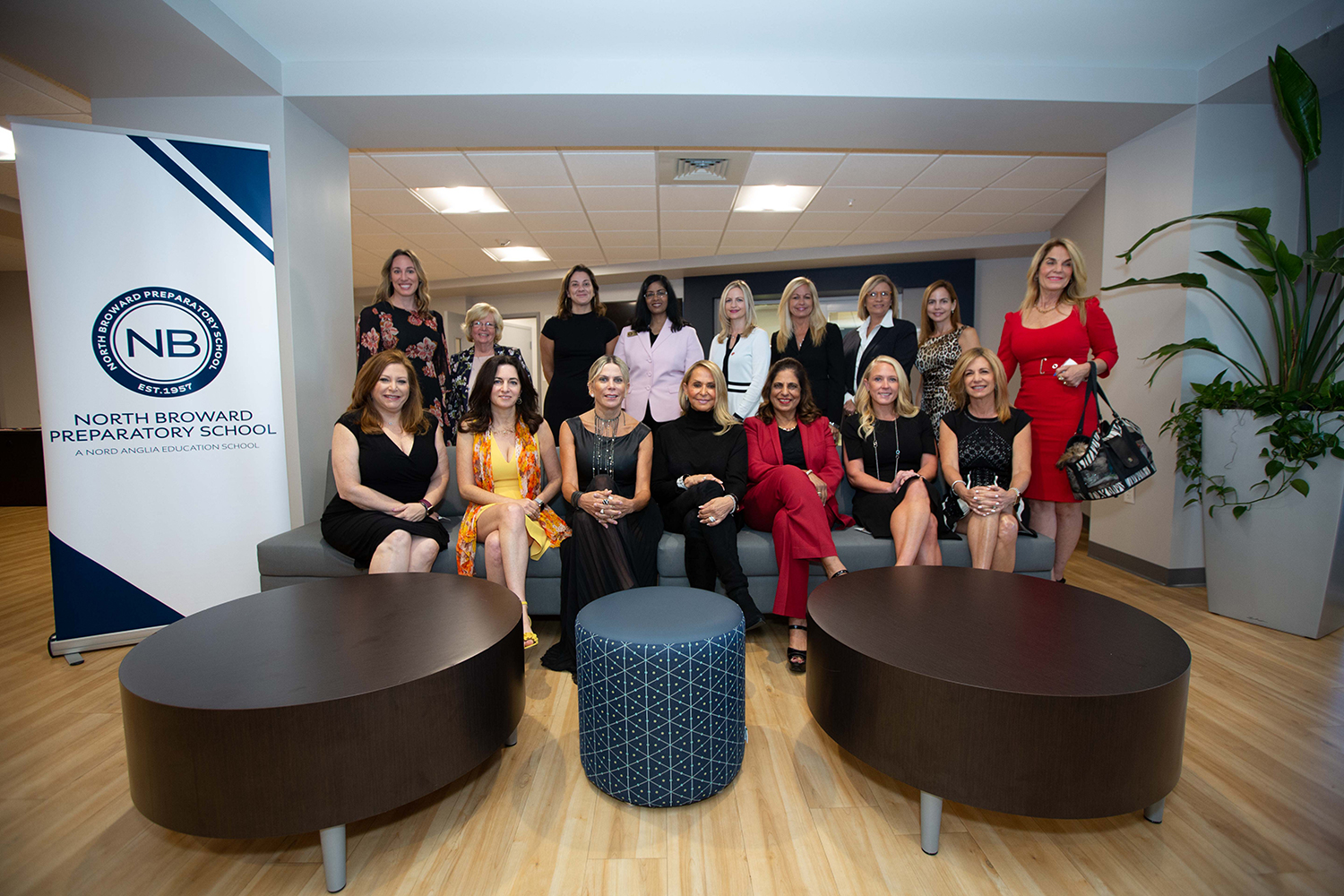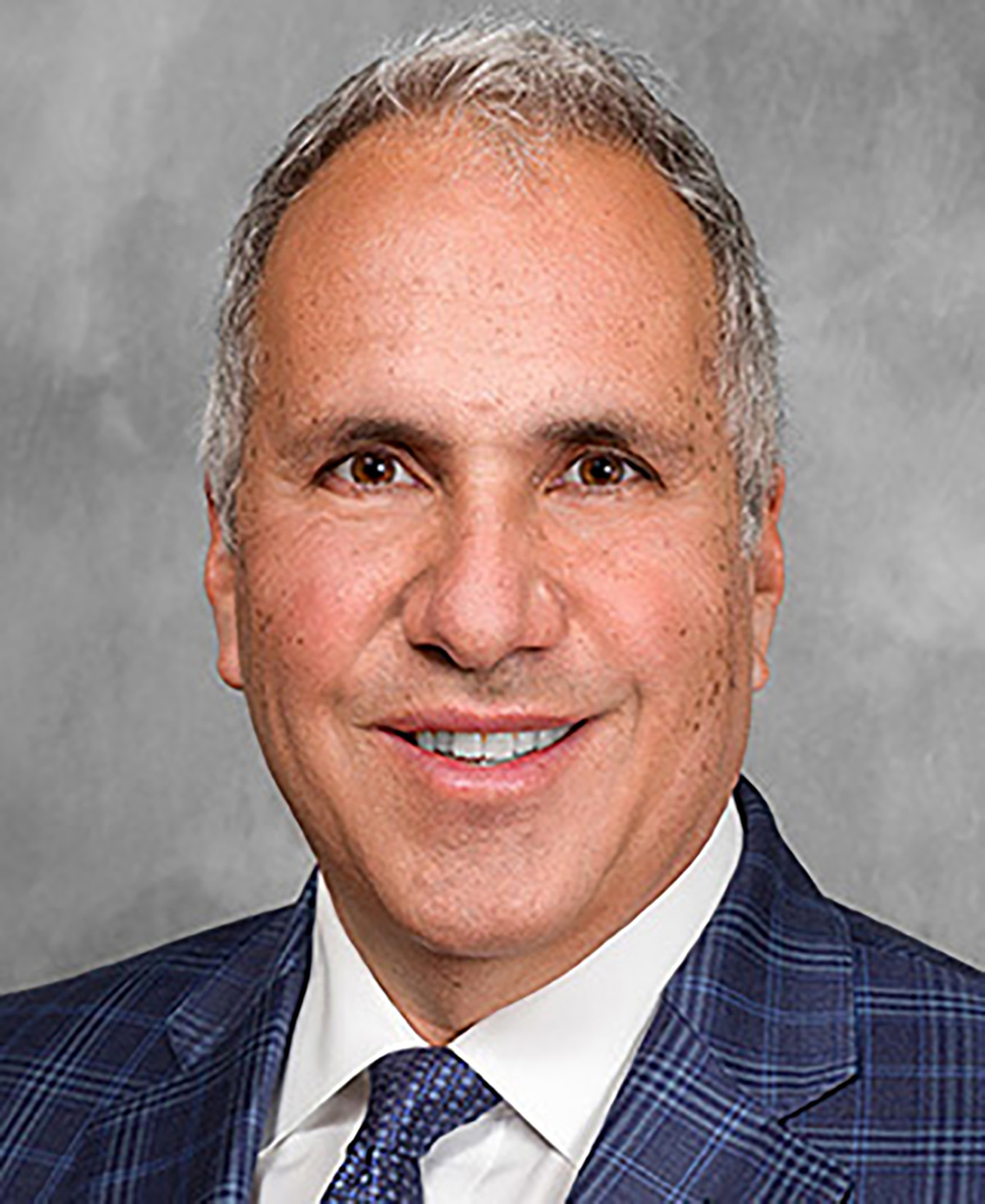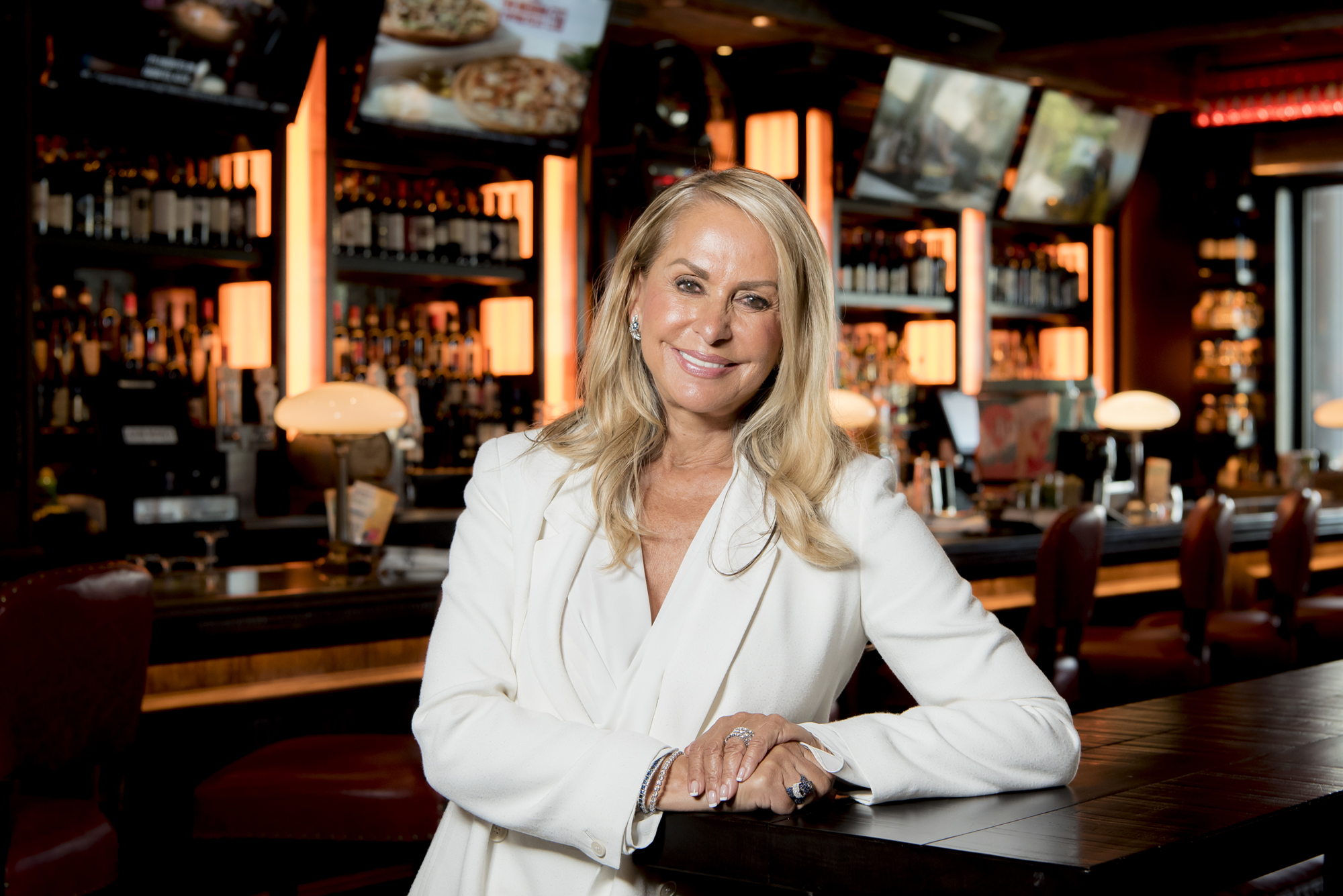By Andrea Richard
April’s “Executive Roundtable” convened an assortment of C-suite executives offering insights from the fields of cybersecurity, stem cell treatment and much more.
Alex Freund, president and chief information officer for Miami-based technology firm 4IT, moderated the discussion at the Rusty Pelican in Key Biscayne. SFBW is the exclusive media sponsor of this executive-level luncheon. (For tickets, visit sfexecroundtable.com.)
The panelists:
• David Koretz, CEO and founder of wine company Plum.
• Kirstin Comella, chief scientific officer with U.S. Stem Cell.
• Romaine Seguin, president of UPS International, Americas Region.
• Lourdes Pineda, CPA and senior vice president of financial services for First Service Residential.
Here are the takeaways from the discussion. This transcript has been edited for brevity and clarity.
How do you in your organization define innovation?
Sequin: E-commerce really changed the way the supply chain looks at it. Right now, we are testing drones. The problem is that public policy can’t keep up with the regulations of drones. Last year, we launched a drone off one of our trucks in Tampa in a residential area. We are looking at autonomous vehicles.
Koretz: I come from the startup world. We think about it in two constructs: the time when you file, and the time that it is issued about five years later. The average life of a startup is about three years] We look at how we can block competitors from getting into the market. So, we filed core patents around on how to extract wine out of the bottle without having to open it. It turns out there are very few who can actually do that. We hold a patent that blocks half the market and another company has the other half.
For us, innovation is a mechanism to raise the next round of capital. We are a 2-year-old company; this round, we will raise about $100 million, and, in 2014, we didn’t exist.
It’s all about creating valuation and extracting value for investors.
Comella: Everyone has stem cells inside of us, and the purpose of these cells is to maintain tissue, so we tap inside the technology that exists inside of you to help you achieve better health. Say you hurt your knee jogging. We can help you heal that knee. We also can help you overcome diseases, such as brain issues, Parkinson’s, [multiple sclerosis]—even spinal cord injuries and autoimmune diseases. When we are bringing forward an innovative technology in the medical field, there are really three stages to this.
One of our biggest challenges is overcoming opposition, whether it’s from traditional medicine or the science field.
Pineda: Our innovation is different because we are not managing a product. We are managing human capital. In our financial services community, we have over 7,000 employees in Florida. It’s a combination of bringing latest ideas and figuring out if communities will enjoy them.
What is the role of failure in your organization? Share an “epic fail” and a corporate reaction to the lessons learned.
Comella: Being in the health care field, sometimes your output can be a bit unpredictable. And the second it becomes very challenging is when your goal is to make a person better. When that doesn’t happen perfectly, it can be devastating for the practitioner wanting to make those patients feel better. For example, we might have a patient who presents to us a lung disease and we are trying our best to overcome that lung disease by using stem cells to repair the damage in the lungs and then that patient goes home and smokes a cigarette. So those failures with the individual patients can be devastating to what we want to do. I do lots of yoga to reduce my cortisol levels, and I communicate with the family because I think if you can get the entire family to buy in, you have a pretty good support system—and then you can really help the patient achieve better health.
Koretz: The way we talk about it internally is, “Make a lot of thousand-dollar mistakes, but don’t make a lot of million-dollar ones.” We try to encourage our employees to on take risks that they’re making a regular number of thousand-dollar mistakes. To us, that ensures that they are pushing hard enough and that they are making an impact.
Sequin: For us, the biggest issue of working in Latin America is the customs process. It is still paper, and it’s stacks of paperwork. Whereas, in other parts of the world, it’s completely automated. Convincing folks to go with automation is tough.
How are your companies protecting your customers’ and employees’ privacy?
Sequin: That’s something we talk about every day. From consumer privacy to employee privacy, we do a ton of audits. We have a whole department in New Jersey that focuses solely on monitoring systems. It is so critical in keeping integrity in a system. For our internal usage, for emails, we made a minor change that was an enormous success. When we get external emails, we filtered them into a different inbox.
Koretz: I started my career as a hacker as a kid. The company I did previously, stopped hackers from breaking into banks and governments. Our customers were agencies such as the FBI and some you may never have heard of. Two things to cyber: One, I think there’s a huge misconception side—the consensus is that you should build the perfect wall and keep bad guys on the outside of that wall. That turns out to be the core of the cybersecurity belief system and is one of the dumbest ideas in the industry because there is no such thing as the perfect wall. In that case, an attacker just needs to figure out one thing to penetrate your wall. What you need is multifaceted protection. What we did previously was, we used a massive, multivariant processing to basically attack the attacker. ♦








